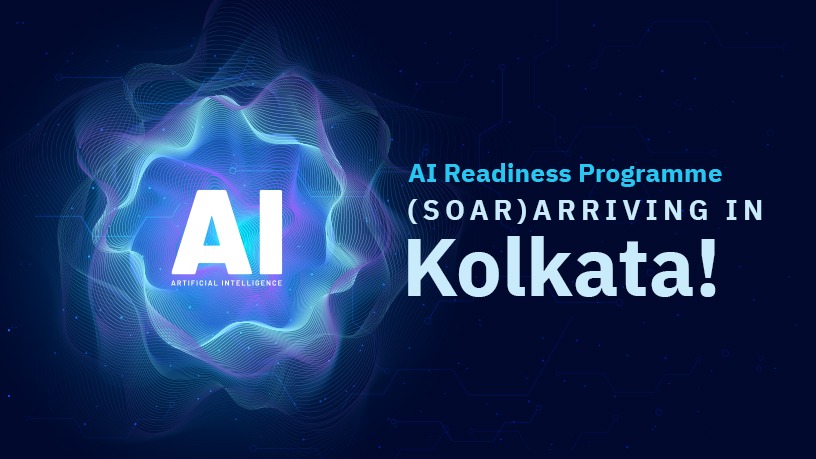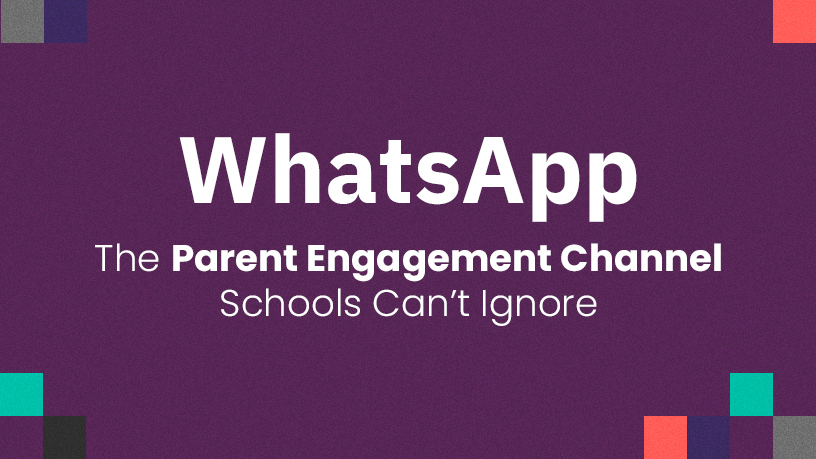AI Readiness Programme (SOAR) Arrives in Kolkata — Is Your School Future-Ready?

Artificial Intelligence isn’t a distant dream anymore—it’s already shaping how we live, learn, and work. From the apps we use every day to the careers students will pursue tomorrow, AI is quietly becoming the foundation of our future.
Recognising this shift, India has taken a bold step by introducing the SOAR (Skills for Outstanding AI Readiness) Programme. Recently launched in Kolkata, SOAR is a 15-hour learning initiative designed especially for students in Classes VI to XII. The goal? To help young minds understand AI early and build the skills they’ll need in a tech-driven world.
But SOAR isn’t just another textbook-based module. It’s an interactive, hands-on experience built under the guidance of the Ministry of Skill Development and Entrepreneurship. The programme introduces students to key AI domains like natural language processing, computer vision, and data science, while also helping them grasp how these technologies work in real life.
What makes SOAR truly impactful is that it’s not just about learning to code or understanding algorithms. It goes further by encouraging critical thinking, ethical reflection, and creativity. With gamified lessons, real-world scenarios, and collaborative challenges, students don’t just study AI—they explore it, question it, and imagine how it can be used for good.
However, introducing a programme like SOAR is only the beginning. For it to truly make a difference, schools need to be ready—with the right infrastructure, trained educators, and a mindset that welcomes innovation. This isn’t about replacing traditional learning—it’s about evolving it to meet the future.
In a world where technology is advancing at lightning speed, schools have a critical role to play. Embracing AI education means preparing students not just for jobs—but for lifelong learning, global citizenship, and leadership in a digital age.
Kolkata may be the starting point, but SOAR is set to roll out across India. And with it comes an important question for educators and institutions everywhere:
Are we preparing students for yesterday’s world—or tomorrow’s?
Because the future doesn’t send reminders. It arrives, ready or not.












